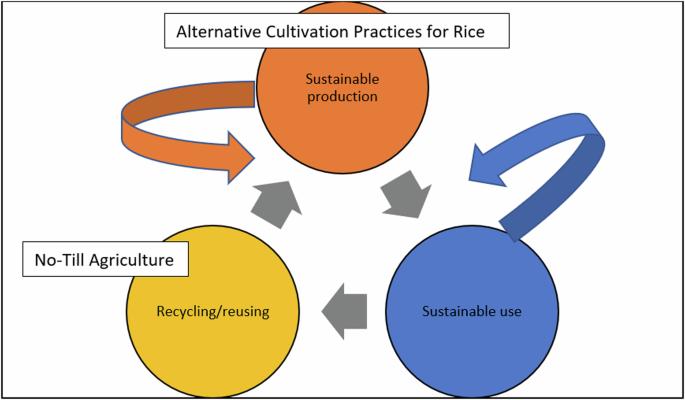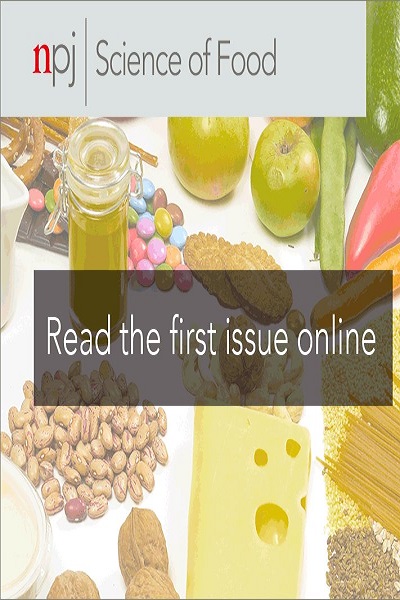农业循环经济对食品安全的意外影响,砷和霉菌毒素案例研究。
IF 6.3
1区 农林科学
Q1 FOOD SCIENCE & TECHNOLOGY
引用次数: 0
摘要
千百年来,世界各地的粮食系统都采用了符合循环经济的做法:回收农业和粮食废料或副产品,采用环境可持续的生产方法,以及保存粮食以减少浪费。现代农业的许多做法也可以通过废品再利用和/或减少农业投入来促进循环经济。不过,这也会对食品安全产生影响。本文介绍了两种对食品安全有意想不到的积极和消极影响的可持续农业实践:替代水稻种植实践和免耕农业。我们强调了替代性水稻种植方法如何在节水和节约经济成本方面带来预期效益,但也对食品安全产生了意外影响,即在降低食源性砷含量的同时增加了镉含量。免耕农业可减少土壤侵蚀并重新利用作物残茬,但也会导致食源性霉菌毒素含量增加。在探讨可持续农业实践和食品安全的双重性时,我们讨论了权衡、未来研究和政策建议。本文章由计算机程序翻译,如有差异,请以英文原文为准。

Unintended food safety impacts of agricultural circular economies, with case studies in arsenic and mycotoxins
For millennia, food systems worldwide have employed practices befitting a circular economy: recycling of agricultural and food waste or byproducts, environmentally sustainable production methods, and food preservation to reduce waste. Many modern-day agricultural practices may also contribute to a circular economy through the reuse of waste products and/or reducing agricultural inputs. There are, however, food safety impacts. This paper describes two sustainable agricultural practices that have unintended positive and negative impacts on food safety: alternative rice cultivation practices and no-till agriculture. We highlight how alternative rice cultivation practices have intended benefits of water conservation and economic savings, yet also unintended effects on food safety by reducing foodborne arsenic levels while increasing cadmium levels. No-till agriculture reduces soil erosion and repurposes crop residues, but can lead to increased foodborne mycotoxin levels. Trade-offs, future research, and policy recommendations are discussed as we explore the duality of sustainable agricultural practices and food safety.
求助全文
通过发布文献求助,成功后即可免费获取论文全文。
去求助
来源期刊

NPJ Science of Food
FOOD SCIENCE & TECHNOLOGY-
CiteScore
7.50
自引率
1.60%
发文量
53
期刊介绍:
npj Science of Food is an online-only and open access journal publishes high-quality, high-impact papers related to food safety, security, integrated production, processing and packaging, the changes and interactions of food components, and the influence on health and wellness properties of food. The journal will support fundamental studies that advance the science of food beyond the classic focus on processing, thereby addressing basic inquiries around food from the public and industry. It will also support research that might result in innovation of technologies and products that are public-friendly while promoting the United Nations sustainable development goals.
 求助内容:
求助内容: 应助结果提醒方式:
应助结果提醒方式:


